Threats to Research Integrity ‘a Global, Systemic Problem’
Research is facing major integrity challenges, with some of the prevailing incentives in the sector presenting “a global systemic problem that requires a global systemic solution”.
Send us a link
Research is facing major integrity challenges, with some of the prevailing incentives in the sector presenting “a global systemic problem that requires a global systemic solution”.
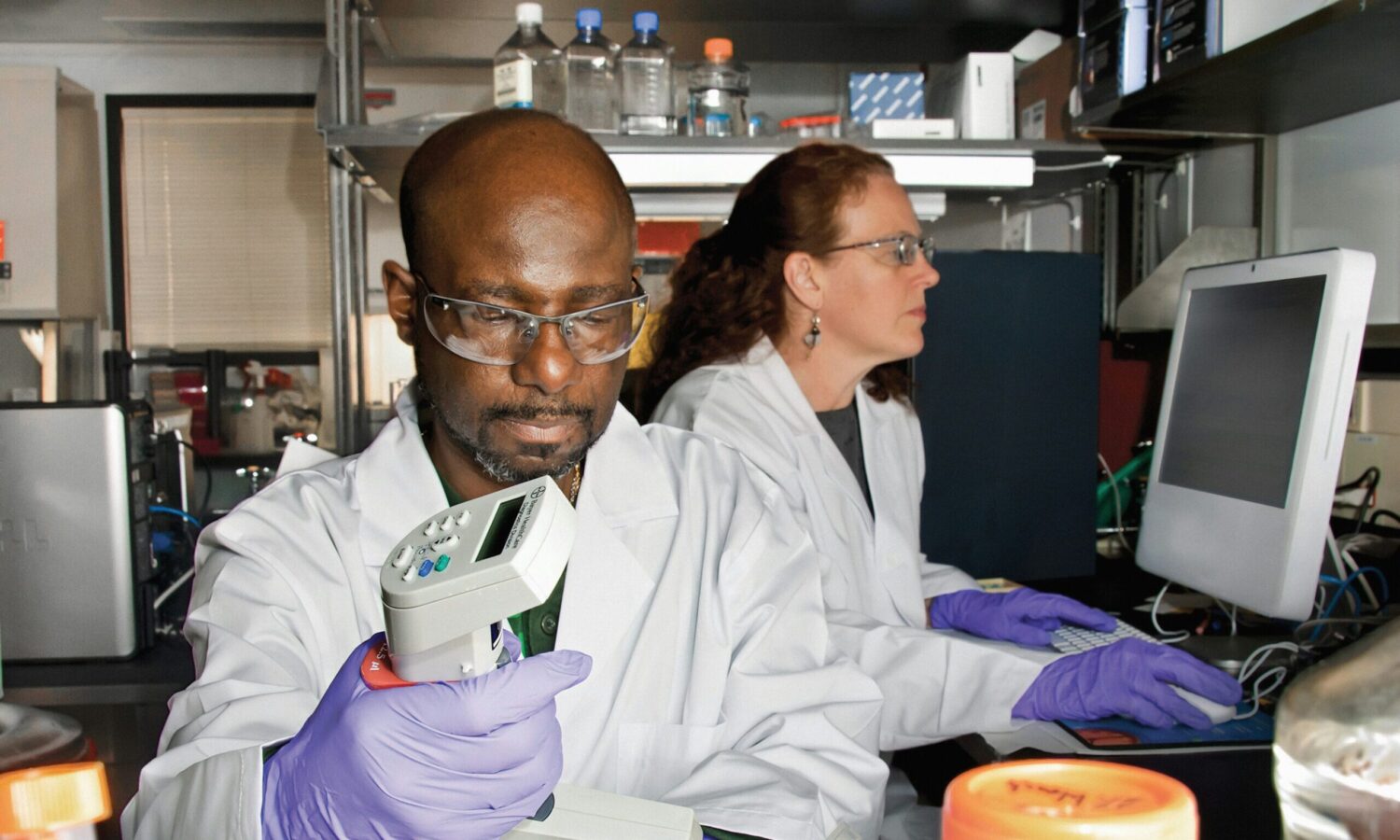
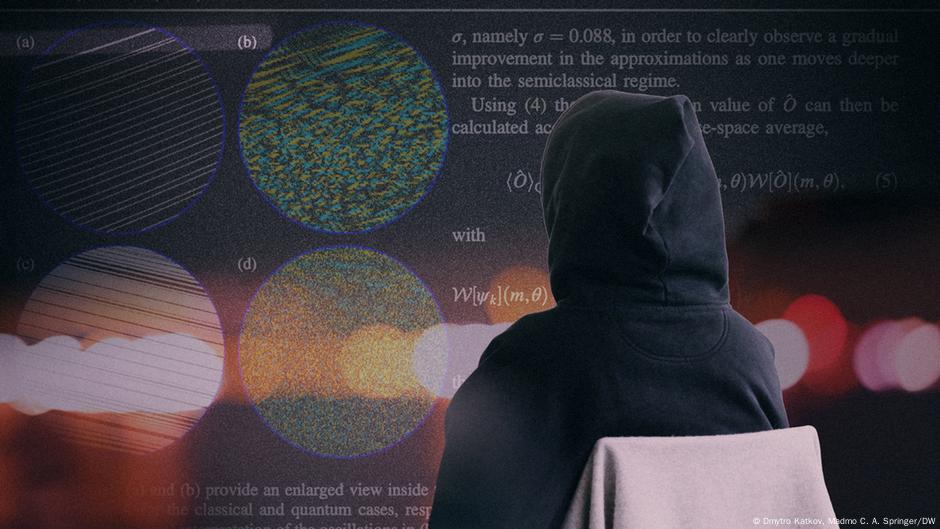
In a new analysis, scholars publicly accused of sexual misconduct experienced a significant decrease in the rate at which other scholars cited their published research.
Some journal articles on the Taylor & Francis website now bear a pop-up notification stating the papers are "currently under investigation."

Studies have increasingly shown the widespread use of generative AI in research publications. Faced with the consequent uptick in the number of publications, Simone Ragavooloo argues that editors and reviewers should embrace AI tools to undertake the heavy lifting of statistical and methodological review and to allow them to focus on areas that require human expertise.

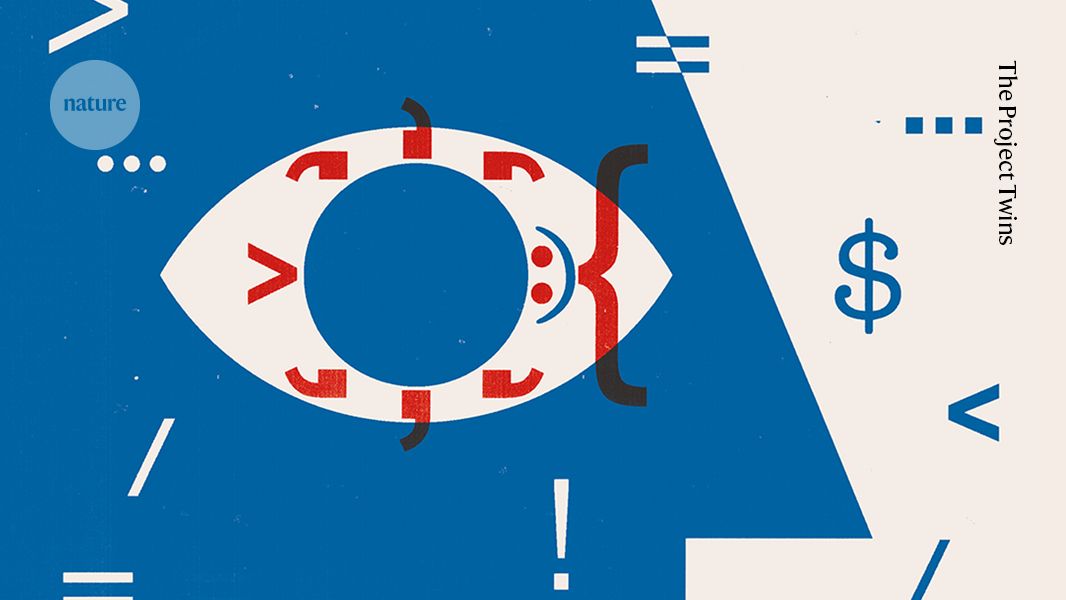

Drawing on insights from a recent international survey on research integrity and a recent high-profile case, Nick Allum and Robin Brooker find previous work on scientific plagiarism may have underestimated its prevalence.


Allegations against Harvard President, Claudine Gay, have left researchers arguing over academic standards and practices.
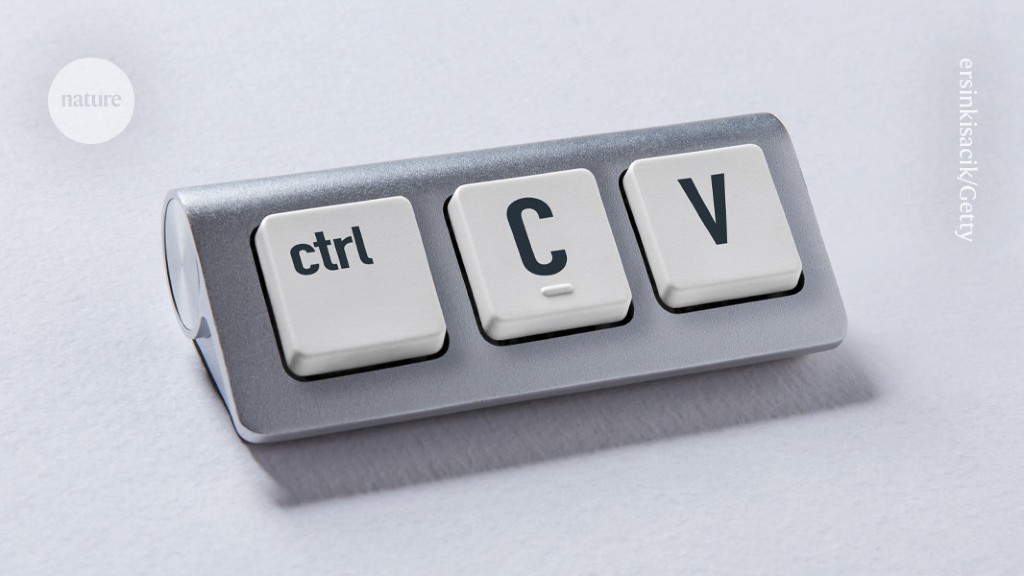
The trend for the politically motivated forensic scrutiny of the research records of academics has a chilling effect on academic freedom and distracts from efforts to address more important systemic issues in research integrity.

Retractions are the stuff of nightmares for most academics. But they aren't necessarily a career obstacle, and sometimes may be the only way forward, according to Andrew P. Anderson.
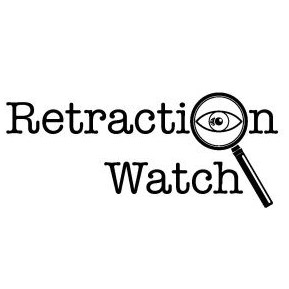
Institution leaders fear breach of privacy whereas transparency advocates call it an important step
Academics like keeping definition narrow but worry about tighter deadlines and more record-keeping.
When published, bad data can have long lasting negative impacts on research and the wider world. In this post, Rebecca Sear, traces the impact of the national IQ dataset and reflects how its continued use in research highlights the lack of priority given to research integrity.

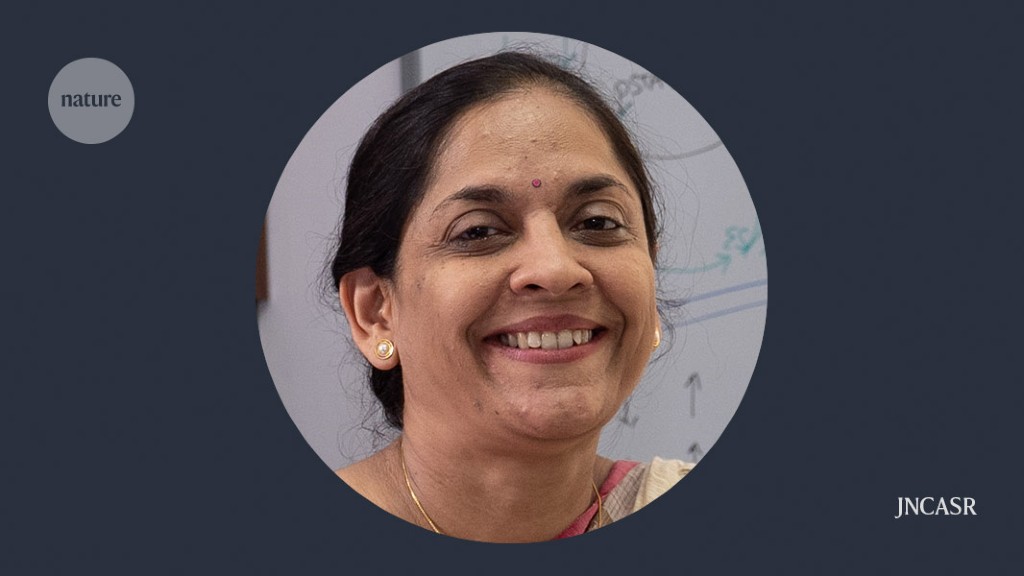
A scientific integrity plan recently proposed by the US National Institutes of Health (NIH) is “fundamentally flawed,” according to the Public Employees for Environmental Responsibility (PEER). In comments filed on Nov. 6 and subsequently summarized in a statement, the advocacy group says that the draft policy “lacks meaningful protections for scientists and research.”


Public awareness campaigns have not stemmed sexual harassment at Swiss universities. A new generation of women is taking matters into their own hands.

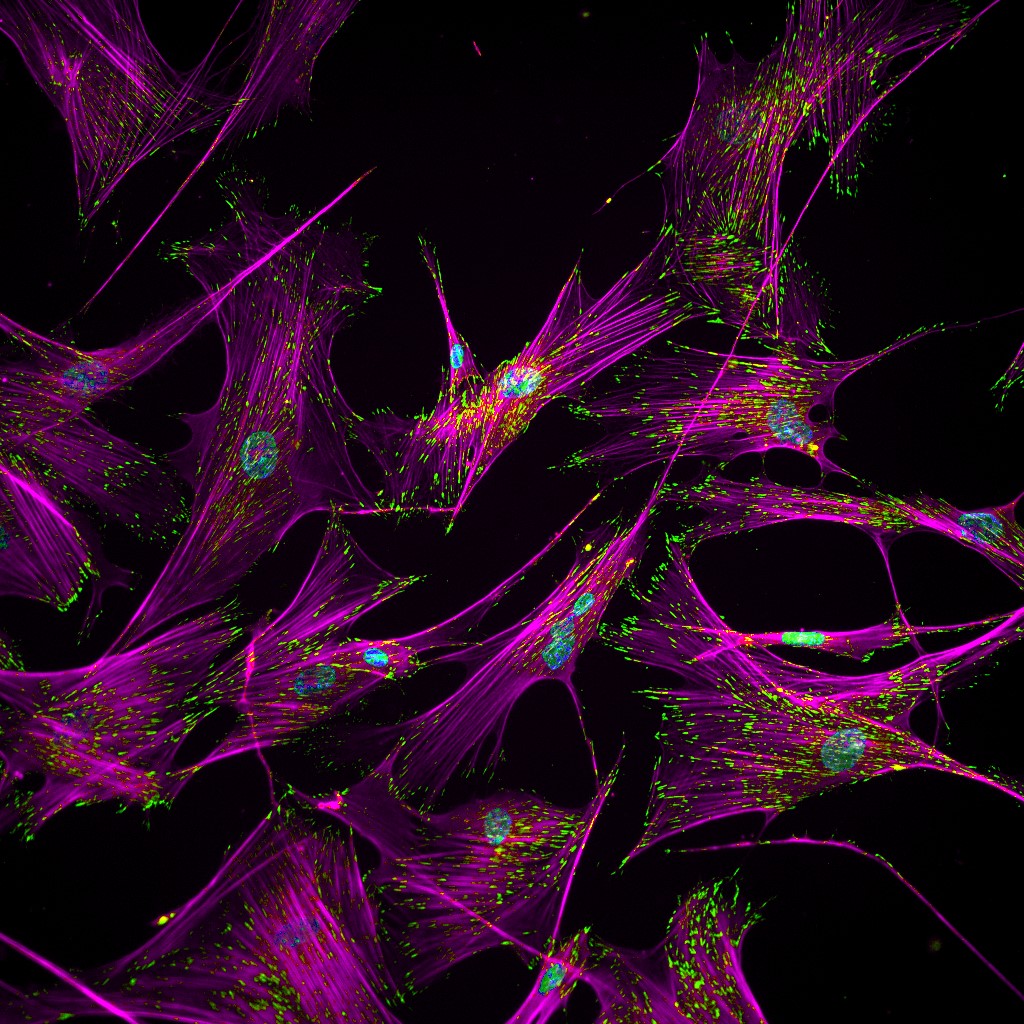
Scientific fraud has been a problem from the beginning of documented science - but in recent years the issue has exploded.
